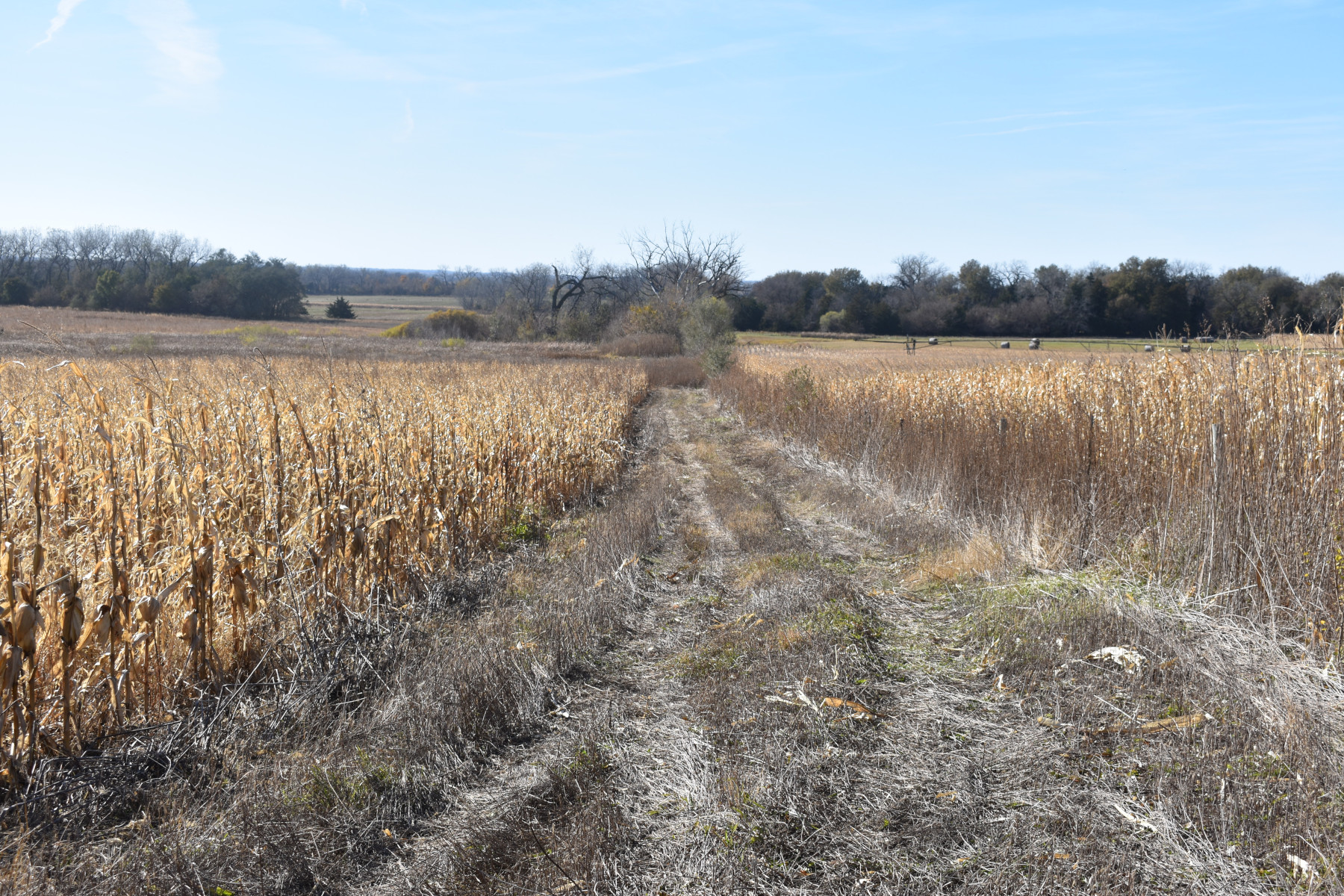An organic farmer in Nebraska was able to prevent cross pollination of his organic corn from a neighbor’s genetically engineered Enogen® corn using a pollen-blocking organic corn variety known as PuraMaize.
Prevented contamination from Enogen GMO corn pollen
Last year, Caleb Mosel, an organic farmer in Page, Nebraska, found out that his neighbor to the north of his farm was planting Syngenta’s Enogen corn, which is genetically engineered to break down the starches in corn, and aids the production of ethanol.
Organic farmers such as Mosel face challenges preventing cross pollination of organic corn from neighboring GMO corn fields. Such contamination can cause their corn to be rejected by grain buyers, resulting in economic losses.
Because of the potential contamination threat from the Enogen corn, Mosel decided to plant PuraMaize corn seed. Developed by Blue River Organic Seed, PuraMaize contain a naturally occurring gene blocking trait that has been found to significantly reduce cross-pollination from GMO corn.
“We knew PuraMaize was supposed to work, and we were hoping it would work for us,” Mosel said.
Mosel was told by a farmer who grows non-GMO white food corn that grain buyers wanted a five-mile separation between Enogen and non-GMO food corn to prevent cross pollination. This is because Enogen can break down the starches in food corn, ruining it for making corn products such as tortillas and corn flakes.
Mosel faced a major challenge since the neighbor’s 125 acres of Enogen corn bordered his 40 acres of PuraMaize corn. The two fields were separated by about 20 feet, increasing the risk of cross pollination.
“It would be a heck of a hit to get cross pollination,” Mosel said.
Before harvest, Ruth McCabe, an agronomist with Blue River Organic Seed, visited Mosel’s farm and took samples of the PuraMaize corn ears from the outer two rows of his field, which were closest to the Enogen corn. The samples were tested at Blue River’s facility in Ames, Iowa, using Envirologix’s lateral flow strip test for Enogen. All the samples tested negative.
Mosel’s corn buyer, Scoular, tested his corn, and these tested negative also.
Mosel was happy with the result and will plant PuraMaize again this year since his neighbor will again plant Enogen in a field bordering his.
Minimal contamination from blue corn
Another organic farmer, Matt Hunter, based in Chatham, Ontario, also had a positive experience with PuraMaize. Last year, Hunter grew organic yellow corn next to a field of organic blue corn, and the blue corn cross pollinated the organic corn extensively. There were blue kernels in the yellow corn as far as 15 rows into the field.
To avoid the same problem this year, Hunter planted PuraMaize next to the blue corn. The results were dramatic: there was only very light blue corn contamination in the first row of PuraMaize next to the blue corn.
“There was only a speckling of blue corn in the first row,” McCabe said.
There was minimal contamination even with the wind blowing blue corn pollen into the PuraMaize.
“It makes sense that the first row of the PuraMaize would have some (blue corn) contamination,” McCabe said. “However, I find it fascinating that each consecutive row after that was apparently contamination-free. This is really a compelling story.”
Since 2012, Blue River Organic Seed has sold two varieties of PuraMaize corn with maturities of 107 and 114 days. This year the company is offering three more PuraMaize seed options, including another 114-day variety and two varieties with 104 and 111-day maturities. The increased range of maturities will enable a wider geographical region of organic farmers to plant corn grain without worry of GMO pollen contamination.
“PuraMaize protects the organic integrity and investment of the farmer,” says Stuart Grim, general manager of Blue River Organic Seed. “It assures peace of mind and protection against current GMO technologies in corn such as Enogen, as well as future GMO technologies, such as CRISPR.”





